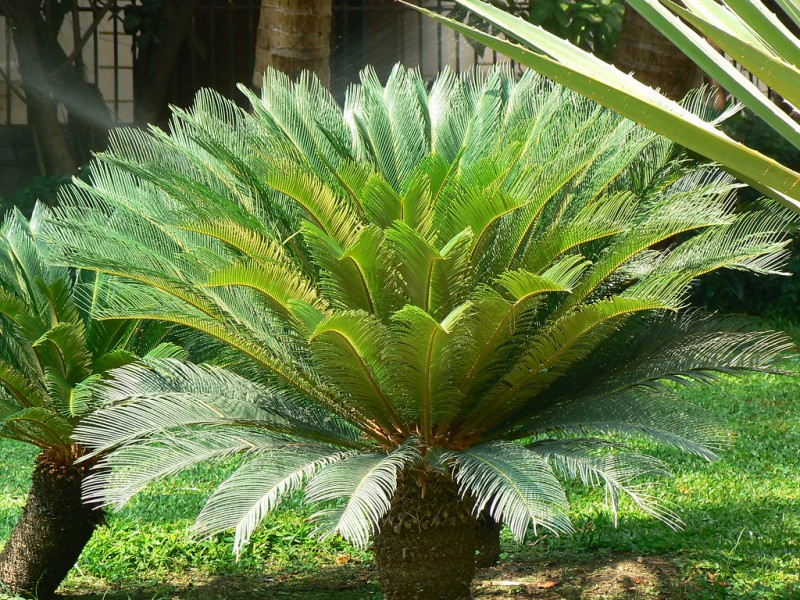
Creating a peaceful and rejuvenating atmosphere in your bedroom is essential for a good night's sleep. While indoor plants are often recommended for their air-purifying properties, not all plants are suitable for the bedroom environment. Certain plants can release allergens, affect air quality, or even disrupt sleep patterns due to their unique characteristics. In this article, we'll explore seven plants you should avoid having in your bedroom for a better sleep experience.
Cacti may look charming with their distinct shapes, but they're not the best choice for a bedroom. Their spiky appearance can give off negative energy, potentially leading to restlessness during sleep. Additionally, cacti are known to perform photosynthesis at night, releasing carbon dioxide and competing with your oxygen supply.
While sago palms can add a tropical touch to your living room, they're not suited for your bedroom oasis. These plants emit a considerable amount of oxygen at night, which might affect your sleep cycle. Sago palms' nighttime oxygen release can lead to disruptions in your breathing pattern and overall sleep quality.
Bonsai trees are admired for their artistic appeal, but they may not be the best bedside companions. These miniaturized trees require meticulous care, which can lead to added stress in your bedroom environment. Stress is a known sleep disruptor, making bonsai trees less than ideal for fostering a peaceful sleep atmosphere.
Jasmine is celebrated for its enchanting fragrance, often used in aromatherapy. However, in the confines of a bedroom, its powerful scent can be overwhelming and even cause headaches. While the aroma may initially seem soothing, it could turn into a sleep deterrent for those sensitive to strong odors.
Spider plants are renowned for their air-purifying qualities, but they might not be the best choice for your sleep sanctuary. These plants produce airborne allergens that could trigger allergies or respiratory discomfort during the night. Ensuring a sneeze-free sleep environment is crucial for quality rest.
Lavender is often associated with relaxation and sleep, but its effects might not be universally beneficial. While many find its scent calming, some individuals might experience heightened alertness instead. Using lavender sparingly or opting for other soothing scents could be more conducive to a restful night.
Ficus trees, with their glossy leaves, are appealing, but they can be high-maintenance and emotionally demanding plants. These trees are known to shed leaves when they experience changes in their environment, leading to unnecessary mess and potentially causing stress, the arch-nemesis of sound sleep.
Designing a sleep-conducive bedroom involves more than just the right mattress and dim lighting. Your choice of indoor plants can significantly impact your sleep quality. To ensure a tranquil sleep haven, avoid plants like cacti, sago palms, bonsai trees, jasmine, spider plants, lavender, and ficus trees in your sleeping space. Opt for plants that promote relaxation and cleaner air, contributing to a better night's rest.
Viral Video: Grandfather's Daring Bike Stunts Turn Him into a 'Stormy Youth
Bangalore to Experience Zero Shadow Day: What You Need to Know
Celebrating Ihana Dhillon: A Star's 28th Birthday with a Noble Cause